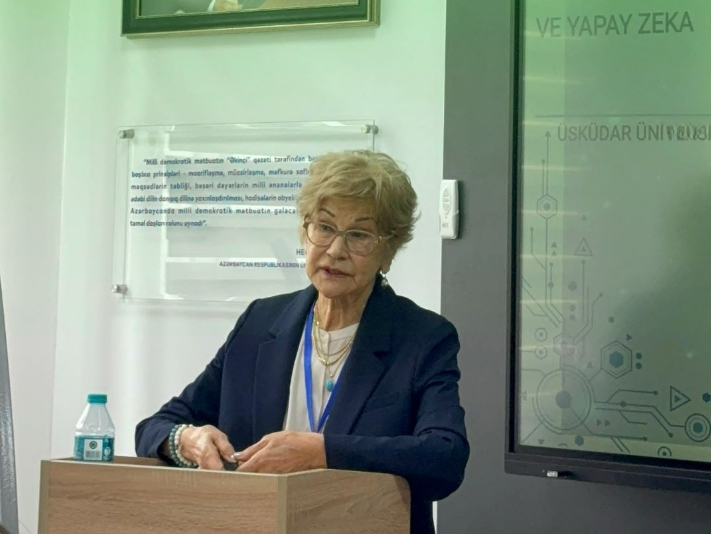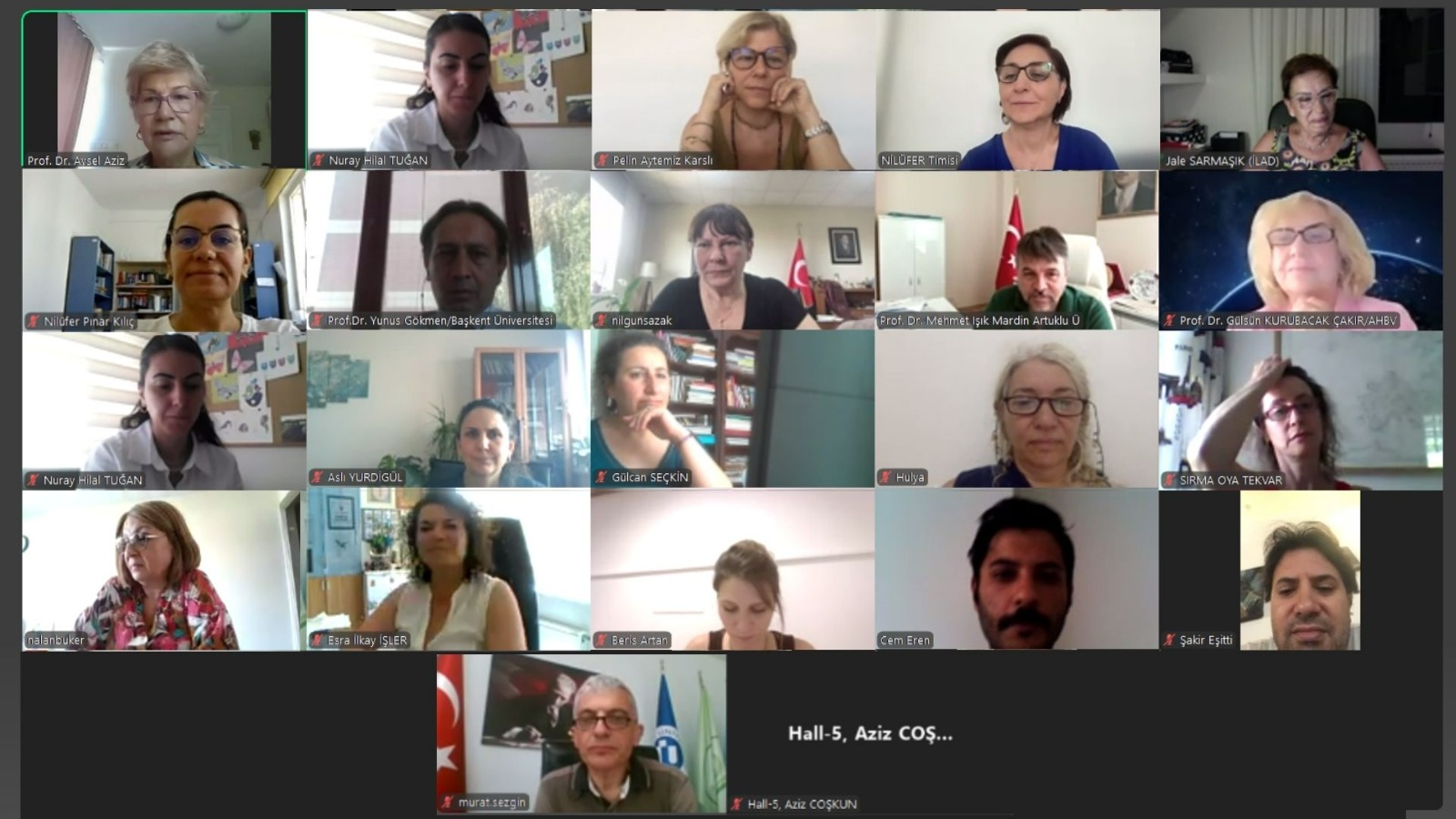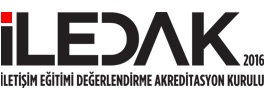Highlighting the delay in curriculum updates, Prof. Dr. Aysel Aziz, President of the İLAD Communication Research Association, said, “Children are already doing their homework with AI, even in middle school. Communication faculties are late on this matter; we must prepare immediately.”
Aziz noted that AI no longer merely collects data but generates information based on user commands: “There’s a new concept now—generative AI. Until recently, we referred to AI in general. AI collects information. From where? From the data we provide, from machines, from computers. Then it interprets this data. The key is that it produces something new based on the commands we give. However, this output must always be verified with other sources.”
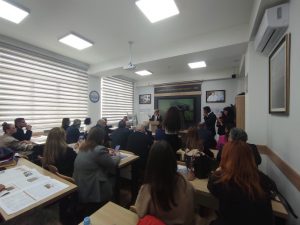
During the Invited Speakers Session at the 12th International Communication Days organized by Üsküdar University in Baku, İLAD President Prof. Dr. Aysel Aziz and İLAD Board Member Prof. Dr. Nilüfer Timisi shared current issues in the field of communication with participants. Prof. Dr. Aysel Aziz presented on “Communication Education and Accreditation,” while Prof. Dr. Nilüfer Timisi spoke on “New Social Dynamics in the Digital Age: Knowledge, Information, and the Subject.”
AI in Accreditation
Speaking on accreditation processes in communication faculties, Aziz explained that since 2018, İLAD has played a role in accrediting communication education, emphasizing that accreditation is crucial for ensuring trust among students, their families, and the industry.
“An accredited university is a significant indicator of the institution’s educational quality. The industry feels more confident hiring graduates from such programs.” Aziz stressed the need to integrate AI into accreditation systems for areas like data analysis, student satisfaction surveys, and graduate tracking systems, noting that infrastructure is critical. She said, “If you don’t have a database, algorithms are meaningless. A strong technological infrastructure is essential.”
Prof. Dr. Aysel Aziz: “Faculty Must Also Be Trained”
Prof. Dr. Aziz stated that merely offering AI-related courses in universities is insufficient, emphasizing the need to train qualified academic staff to teach these courses: “Who will teach these courses? There aren’t enough qualified instructors yet. Faculty must be prepared for this transformation through in-service training.” Addressing the importance of personalized AI-supported learning systems for students with disabilities, Aziz noted that these systems should be a priority criterion in accreditation processes.
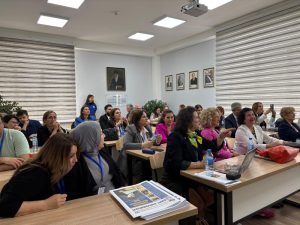
Prof. Dr. Nilüfer Timisi: “I Am Seen, Therefore I Am”
Speaking at the Invited Speakers Session of the symposium, Prof. Dr. Nilüfer Timisi discussed the evolving structures of knowledge, the subject, and power due to digitalization and AI.
Emphasizing the distinction between technique and technology, Prof. Dr. Timisi stated that communication technologies should be evaluated not only as tools but also as a social science phenomenon. She said, “When we focus solely on technique, we address a technical problem and overlook the sociological aspects. With the use of AI technologies in social sciences, the need for technical expertise has increased.”
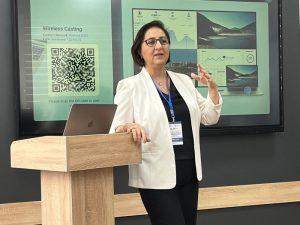
Timisi noted that with the rise of social media, societal relationships have shifted to a digital space, and individuals now maintain their existence through digital identities. She remarked, “Descartes’ ‘I think, therefore I am’ has been replaced by ‘I am seen, therefore I am.’ We now live inside our smartphones. If we’re not there, we don’t exist.”
Timisi explained that as knowledge transforms into information, the subject evolves into a digital entity: “AI is a tool that contains all of humanity’s collective knowledge. However, what we call knowledge has now become information. The subject is dissolving, evaporating. The digital subject has become an entity that must be redefined every day.”
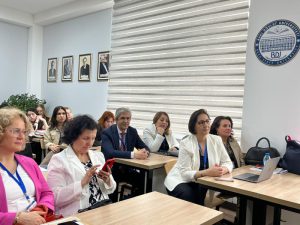
From Desktop Colonialism to Cloud Slavery
Prof. Dr. Timisi drew attention to new forms of exploitation created by communication technologies in the context of global inequality. She noted that her 1995 concept of “Desktop Colonialism” has now evolved into “Cloud Slavery Colonialism,” stating: “We are now dealing with voluntary slavery. We can’t stop posting photos on Instagram or taking selfies. This new form of colonialism operates not only through hardware and software but also through the marketing of perceptions, visibility, and personal data. There is a platform economy enveloping all countries, and these platforms function through our voluntary labor.”




